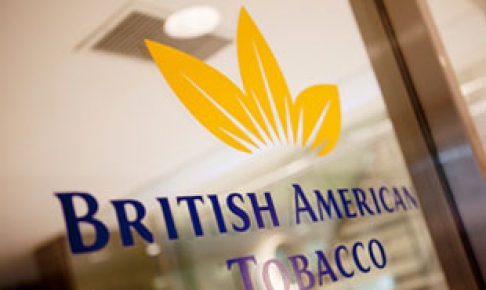
NAIROBI, Kenya, Feb 20 – British American Tobacco (BAT) recorded a lower profitability in its financial year ending December 2019 despite experiencing increased revenue growth and reduced financing costs.
The firm’s Profit after tax (PAT) reduced from Sh4.09 billion to Sh3.89 billion even as the firm posted gross revenues of Sh 39.8 billion, an increase of 9.1 percent from the previous year.
While releasing the 2019 full year financial results, Managing Director Beverley Spencer–Obatoyino attributed the drop to increased taxes in a tough regulatory environment.
Obatoyino said that profitability was hurt by increased operating costs of 26 per cent which were mainly caused by the 20 percent increase in excise duty and newly introduced solatium compensation levy of two percent on manufactured tobacco products.
The Kenyan government introduced the Solatium levy in 2019 as part of its way to fund tobacco control research.
The firm recorded increased revenue growth of 9.1 percent, mainly due to the high prices of cigarettes driven by excise-led pricing on cigarettes in Kenya.
It further cited “increased cut rag (semi-processed tobacco) sales into Sudan and the introduction of new category revenue in Kenya following the launch of BAT’s new oral nicotine pouch,” as other factors which pushed revenue growth.
In addition, the cigarette maker noted that the excise duty made its products expensive and thus unaffordable for most users who resorted to illicit products. The illicit trade of cigarette rose by 10 percent.
The MD said that the revenues set aside for the government was Sh18 billion, a reduction of 1.4 per cent. This is despite increased government’s effort to increase tax collection.
“Excise challenge was significant to the industry, we continue to engage with the government on settling on reasonable rates. The amount of revenue they collect has gone down, the government strategy of aggressive tax collection in terms of driving tax collections is not working,” she added.
The shareholders’ dividends pay ratio was maintained at 86 percent; each shareholder will receive a dividend per share of Sh33.5 down from Sh35 recorded a year ago.



































